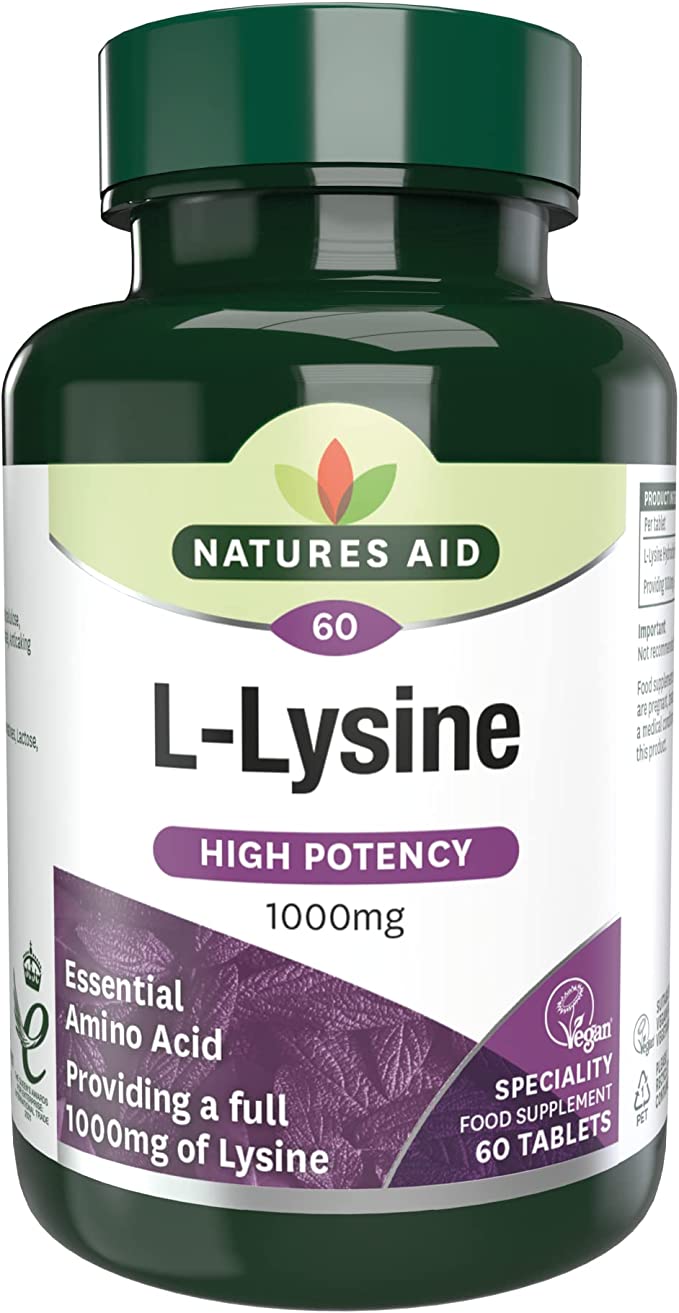L-Lysine
The body needs L-lysine, an essential amino acid, for growth and development. It must be obtained through diet or supplements as the body is unable to synthesize it. L-lysine is essential for the body's biochemical functions, which include collagen synthesis, wound healing, and protein synthesis. Additionally, it strengthens immunity and fights infection.

